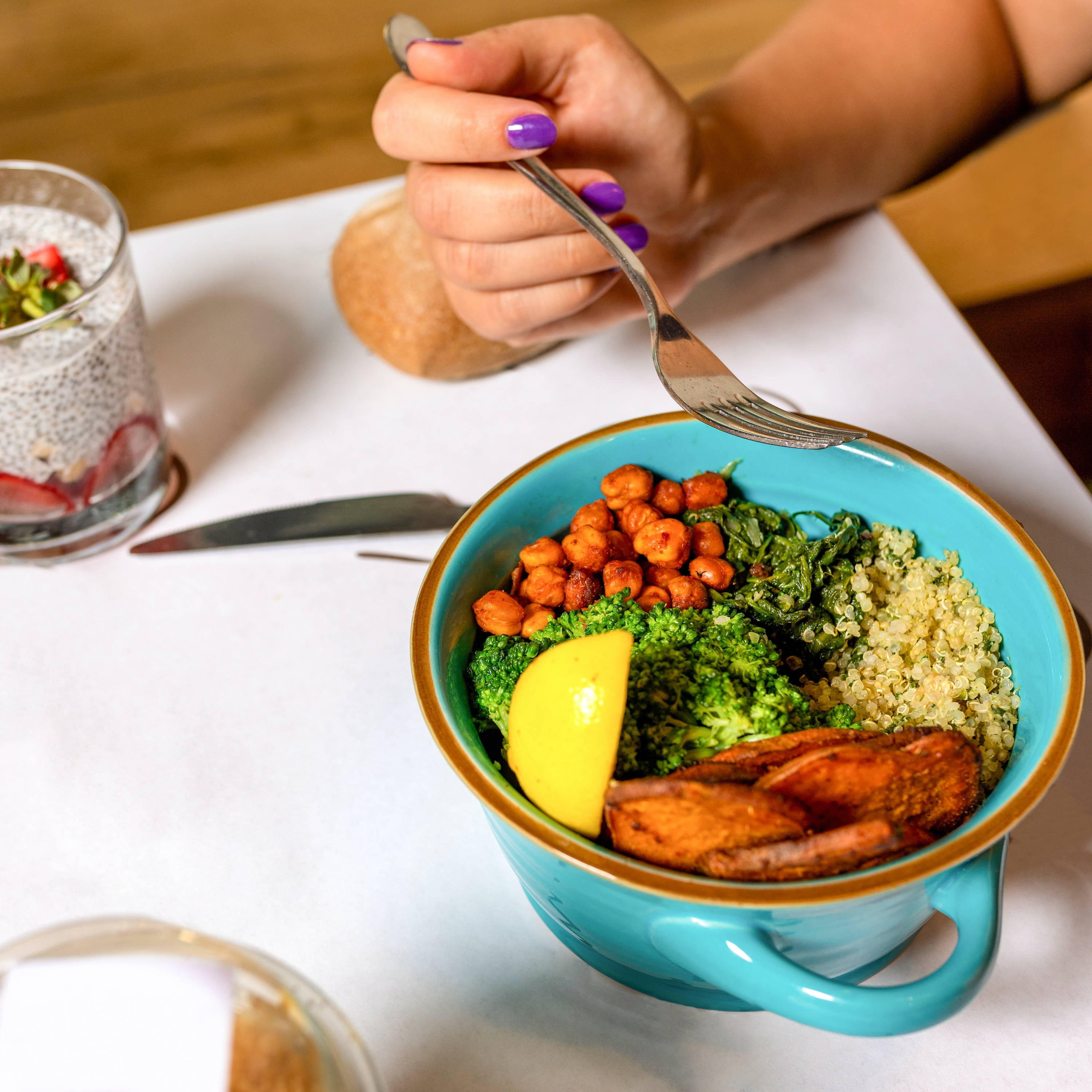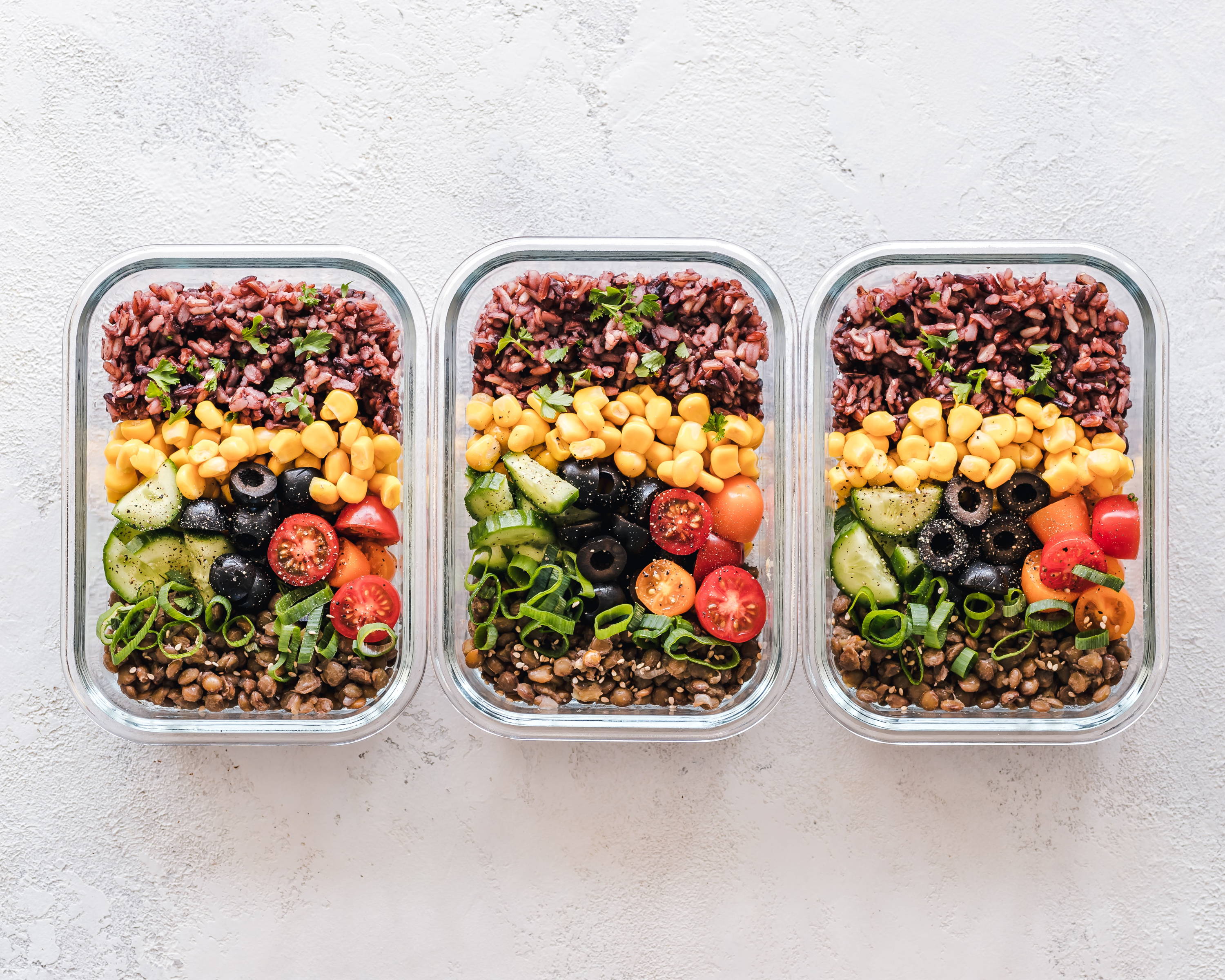
Goal 3: Good Health and Well-being
Nutrition And Physical Activity Go Hand In Hand
Physical fitness and good nutrition has been proven to help reduce the risk of chronic diseases – such as diabetes, heart disease, high blood pressure, stroke, and some cancers and associated disabilities.
By Jessica Jurkschat
14 July 2022
There’s no question that physical fitness and nutrition go hand in hand. Eating a healthy, balanced diet and being physically active are two of the most important things you can do to achieve a healthy lifestyle. The combination has been proven to help reduce the risk of chronic diseases, including diabetes, heart disease and certain cancers like stomach and esophageal cancer.
It’s estimated that 110,000 deaths in the US could be prevented every single year if adults aged 40 and older increased their moderate-physical activity by just 10 minutes a day. We need energy (which we get from food) to exercise, and it’s essential that we eat a balanced diet in order to get all the nutrients our body needs. To get the energy we need, it’s important that we get enough protein, which is needed to maintain and rebuild tissues such as muscles; carbs, which is the body's preferred source of energy; fat, which also provides energy and water, to replace water lost through activity.

Eating a diet that is varied, balanced, and moderate can provide you with all the nutrients the body needs without getting too much or too little of any one nutrient.
People who are very active or who are athletes may have special nutritional needs. They usually don't need more protein than other people, but definitely need more carbs than the average person. Carbohydrates are stored as ready energy in the liver and muscles, and this supply is used up quickly during exercise. Endurance athletes (such as runners and cyclists) need a particularly large amount of carbs, which should be eaten right before and during exercise since the body can’t store a lot of carbohydrates.
Some quick tips to living a healthier lifestyle:
- Swap refined grains for whole grains. Try whole-wheat breads and pastas, oatmeal, or brown rice.
- Make your plate as colourful as possible. Vegetables of different colours provide a variety of nutrients. Kale, swiss chard, carrots and brussel sprouts are some great options of locally grown veggies in the UK.
- Have healthy snacks on hand. Whether you’re at home, work, or on the go, healthy snacks may help combat hunger and prevent overeating. Look for whole foods—like baby carrots, fresh fruit, or low-fat or fat-free yoghourt that are low in added sugar and salt —rather than packaged or processed foods like chips, cakes, or cookies.
- Aim to walk at least 10k steps a day. Walk in parks, around a track, or in your neighbourhood with your family or friends.
- Try to exercise for at least 150 minutes a week. Aim for moderate-intensity aerobic activity, like biking or brisk walking.
100% of profits from the sales of #TOGETHER products go to charities that advance the Sustainable Development Goals. Find out more here.



